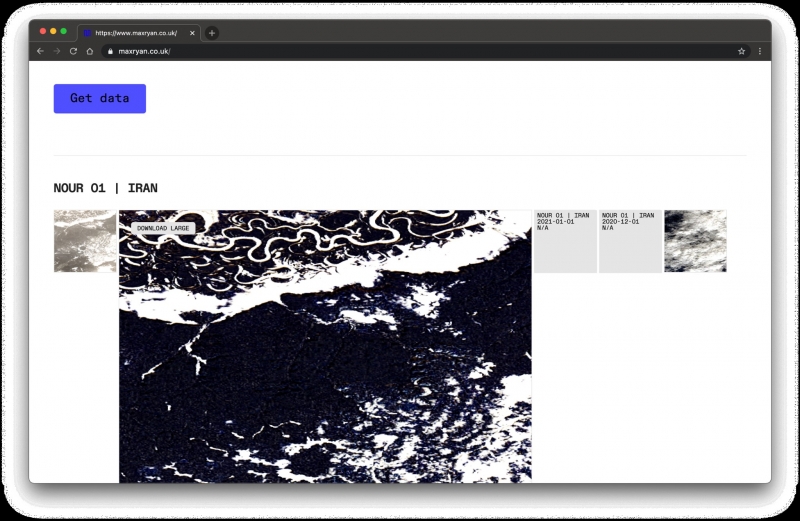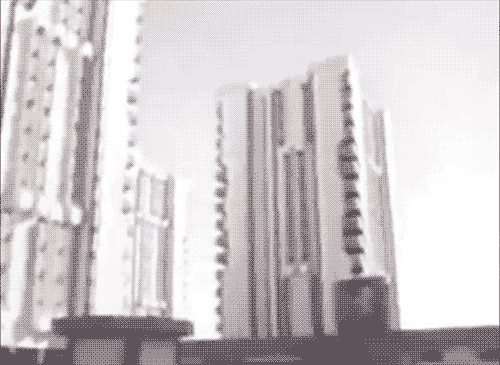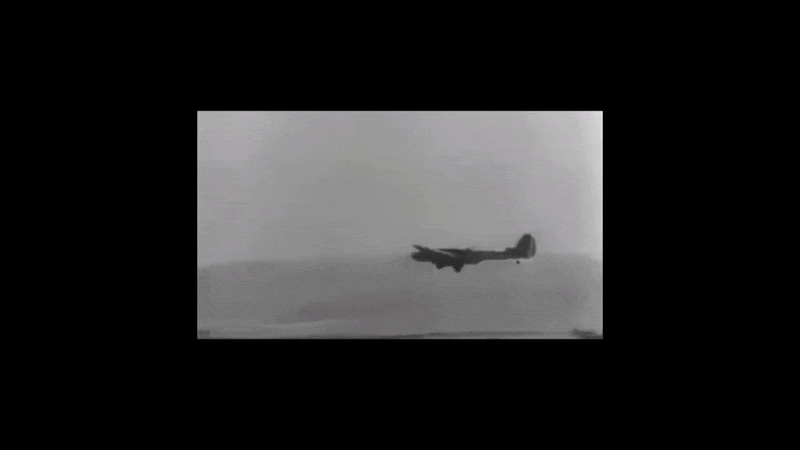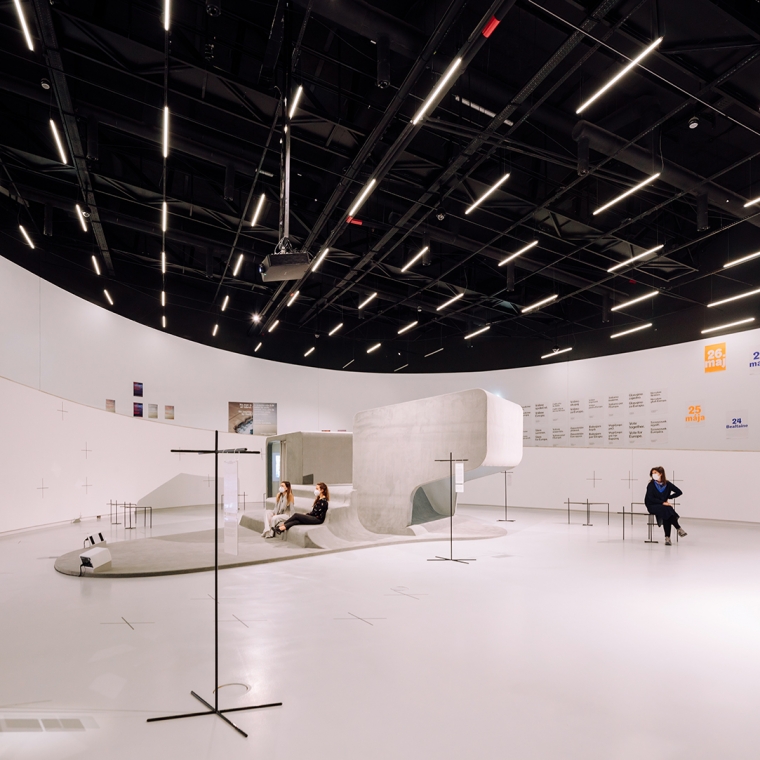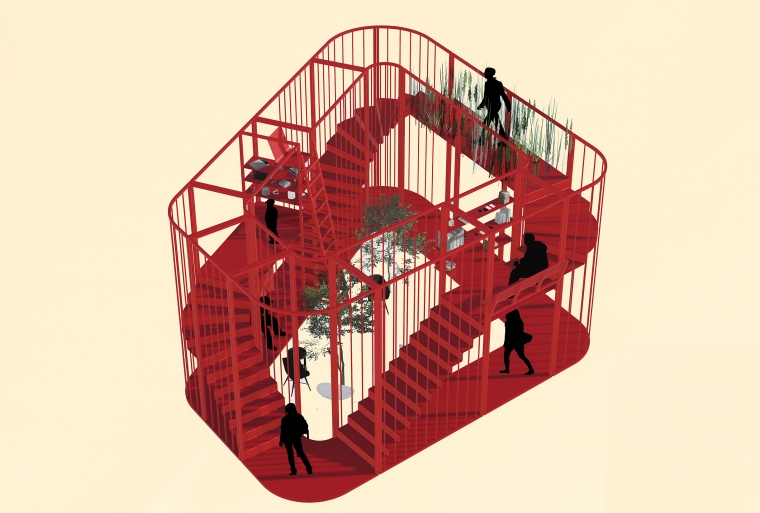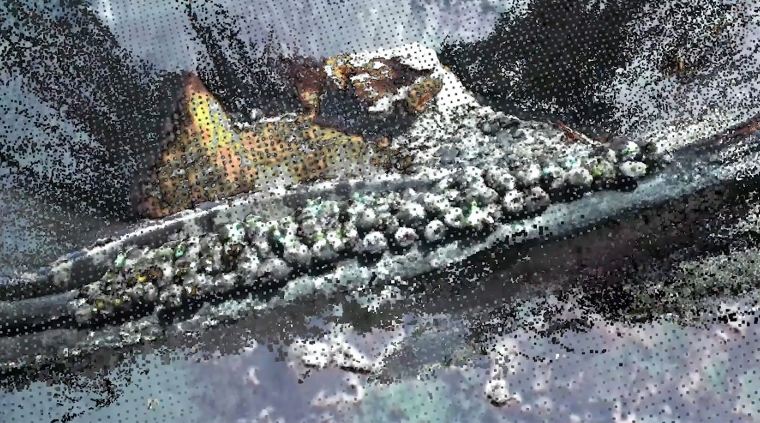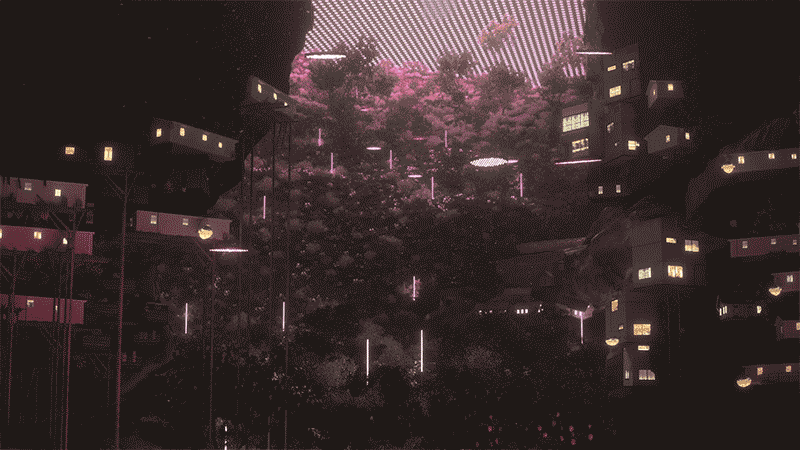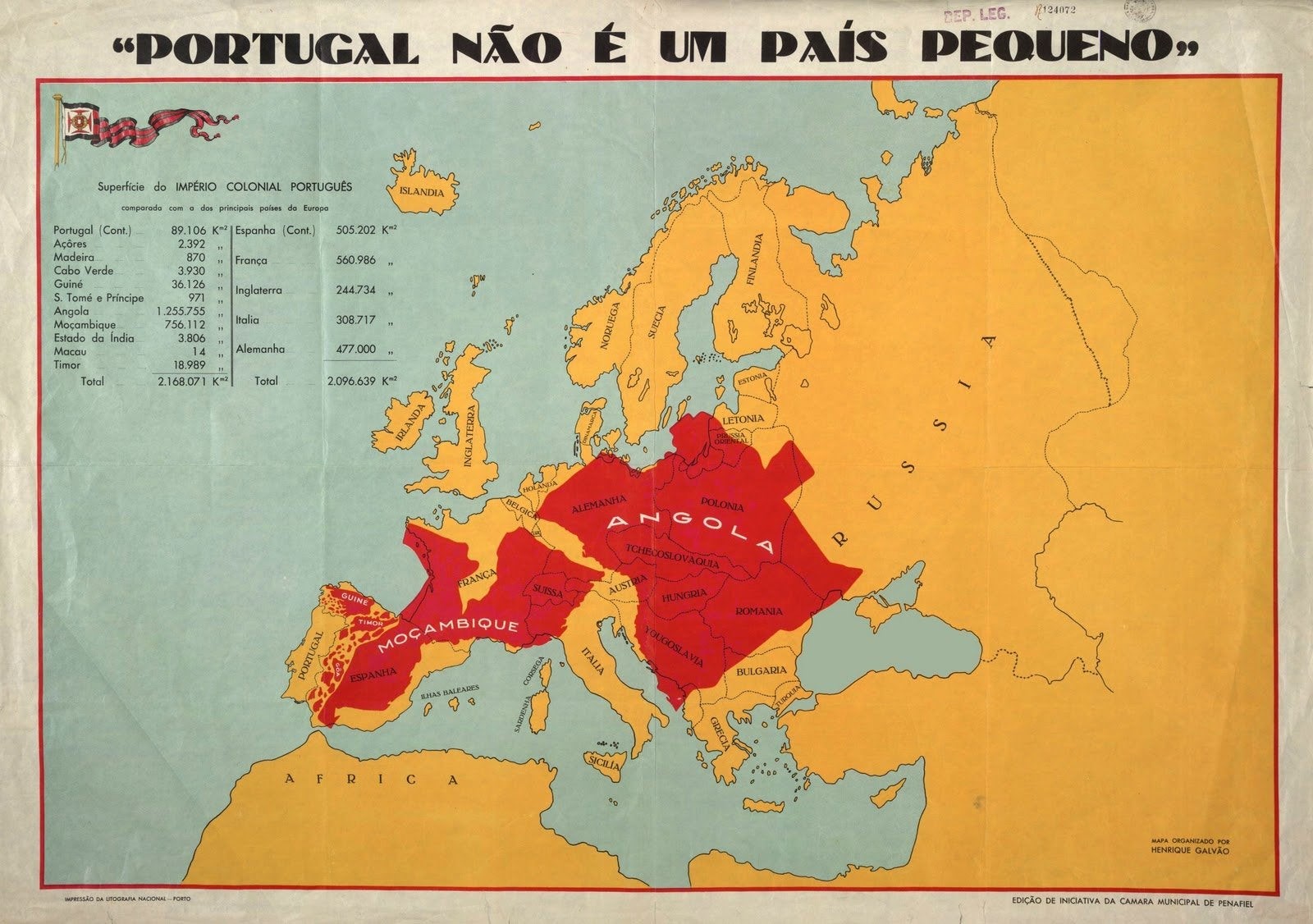
|
The map “Portugal is not a small country” was organised and conceived by Henrique Galvão around 1934, the year of the 1st Portuguese Colonial Exhibition, in Porto, of which he was the technical director. The poster was widely disseminated in the following years by the Secretariat of National Propaganda, in multiple editions and various versions. In it, the areas of the Portuguese colonial territories are compared with those of European countries: "Areas of the Portuguese colonial empire compared to the main European countries". |
Henrique Galvão, a Portuguese officer, was for some time a relevant actor in the dictatorial and colonialist regime. He was an administrator in the colonies and a deputy to the National Assembly during the “Estado Novo”, but, around 1950, he pulls away and ends up being arrested, accused of conspiratorial actions. In 1959, he escapes and starts an armed opposition, commanding operations against the Oliveira Salazar’s regime, such as the hijacking of the liner "Santa Maria", in 1961. |
X IS NOT A SMALL COUNTRY
UNRAVELLING THE POST-GLOBAL ERA
Aric Chen and Martina Muzi
More than 12 years after the global financial crisis exposed the flaws of globalisation, what was once a euphoria of interconnectedness has unravelled into a more complex condition. Trade wars, rising nationalism, emerging great power conflicts, “internet sovereignty”, Brexit – and now, a global pandemic – have disrupted and reordered the transnational flow of people, ideas and resources in ever more tangled ways. As pathways once taken for granted are abruptly cut off, others previously thought inconceivable appear to suddenly open up.
What has been brought into stark relief are the rifts and shifting alliances among governments, corporations and citizens – and between value systems, economic agendas, and political expediencies – that are destabilising notions of the global. The result is a post-global landscape that is no longer defined by an inexorable march towards openness and intertwinement, but rather unpredictable fluctuations of access and restriction that enact often contradictory logics operating simultaneously.
X is Not a Small Country includes projects by designers, architects and artists that investigate, articulate and critique this current, convoluted condition from multiple geographic perspectives. Drawing its title from Henrique Galvão’s iconic 1934 poster “Portugal is not a small country” and its imperialistic, nationalist vision of Portugal as a “pluricontinental” nation, the exhibition observes at different scales – objects, bodies, infrastructures, cities, territories and the planet – the processes of deglobalisation and geopolitical realignment that are only accelerating and becoming further distorted during the current pandemic.
|
Martina Muzi is a designer, curator and educator based between Italy and the Netherlands. She is the curator of the GEO—DESIGN exhibition platform at Design Academy Eindhoven, the founder of the collective pedagogical research programme on stigmergy, and the co-initiator of ArcHertz, an experimental sound programme at Universo Assisi. Additionally, she was involved in the making of documentary and speculative films for the Venice Architecture Biennale, the Vitra Design Museum, and for M+ Museum of Visual Culture. Aric Chen is a curator and writer based in Shanghai, where he is a Professor and founding Director of the Curatorial Lab at the College of Design & Innovation at Tongji University. He will continue this involvement only through spring 2022, after being appointed General and Artistic Director of Het Nieuwe Instituut in Rotterdam. Chen will also complete – already in 2021 – his current term as Curatorial Director for the Design Miami fairs in Basel and Miami Beach. |
Curated by Aric Chen, with Martina Muzi, X is Not a Small Country – Unravelling the Post-Global Era includes nine newly created projects by international practitioners working across the fields of design, architecture and art who investigate, articulate and critique the current convoluted state of the world from multiple geographic perspectives. The exhibition is accompanied by an editorial collaboration with e-flux Architecture entitled Cascades presenting original fictional writings that expand on the show’s themes while questioning what it means to speculate at a time increasingly defined not by linear narratives, but rather transactional opportunism, black swan events and unintended consequences. |


